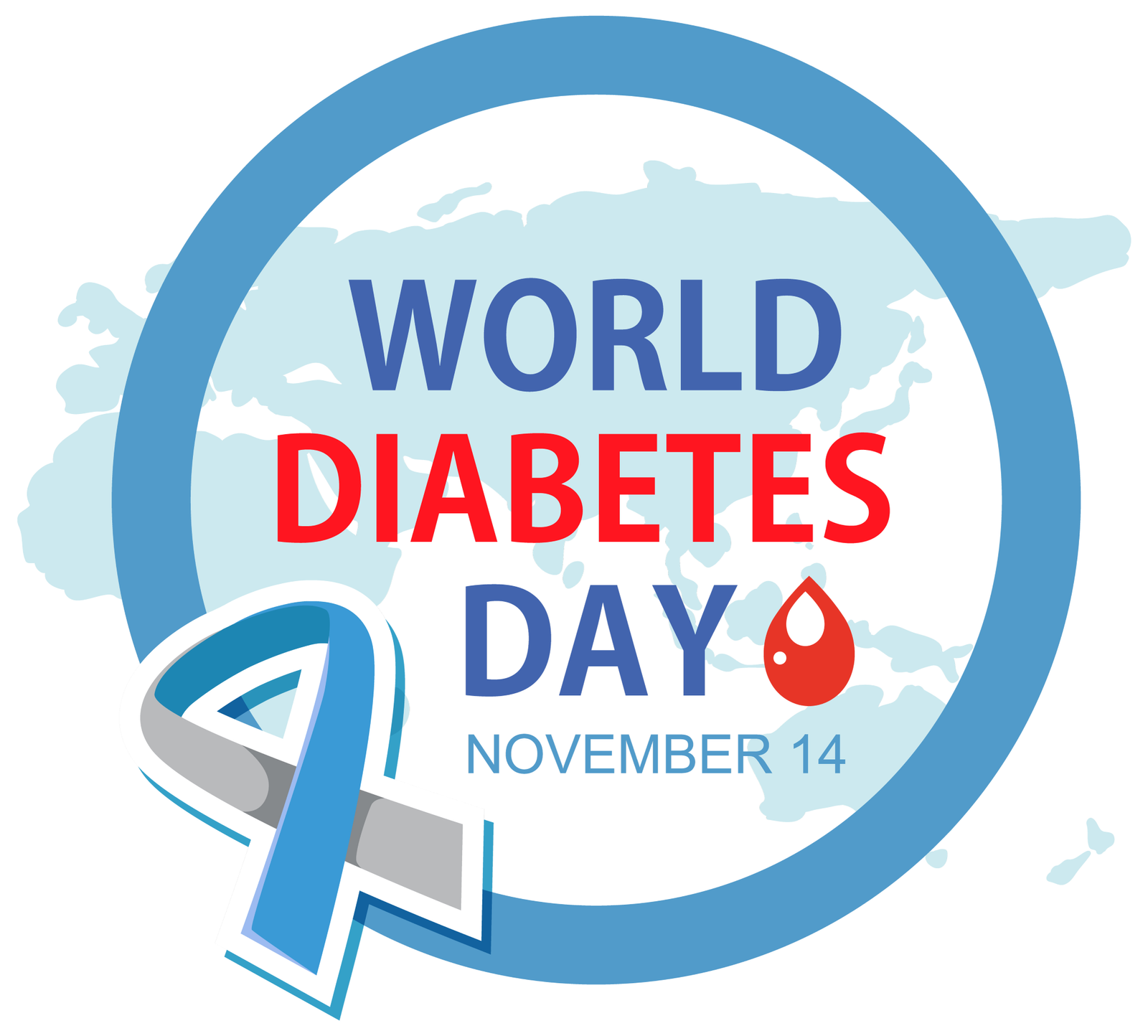
World Diabetes Day falls every year on 14th November. The theme this year is ‘Diabetes and Well-being' and ‘Diabetes across life stages’ as per the WHO. This day recognises that every person who lives with diabetes should have access to integrated care, supportive environments, as well as policies promoting health, dignity and self-management. The overall message is that diabetes can affect people at every stage of life and across life stages; diabetes prevention efforts have to be integrated, from childhood to older age.
Dr Kaushik Saha, Consultant at Suraksha Clinic and Diabetes, shares five important tips to control diabetes such as:
Adopting a healthy lifestyle including a balanced diet which is rich in fruits, vegetables and whole grains, fibre-rich foods and reducing intake of processed foods, fatty meals, sugary drinks.
Engaging in regular physical activity such as brisk walking for 30 minutes, etc.
Maintaining a healthy weight.
Getting adequate sleep and reducing screen time.
Managing stress and getting blood sugar levels tested.
As per the International Diabetes Federation, 7 in 10 people living with diabetes are of working age, 3 in 4 people living with diabetes have experienced depression, anxiety or another mental health condition, and 4 in 5 people living with diabetes have experienced diabetes burnout.
Type 1 diabetes is not preventable, Type 2 diabetes is often preventable by adopting a healthy diet, regular physical activity, maintaining a normal body weight and avoiding tobacco usage. Quitting smoking reduces the risk of developing type 2 diabetes by 30-40% as per the Pan American Health Organisation.
Diabetes is one of the main causes of kidney failure, heart attack, stroke, lower limb amputation, and blindness. Diabetes also increases the risk of tuberculosis as well as poses a greater risk of multidrug-resistant TB. As per reports, people with both diabetes and TB are two times as likely to die during TB treatment, with twice the risk of TB relapse after the completion of treatment.
Diabetes mellitus indicates a group of diseases affecting the way the body utilises blood sugar (glucose), leading to excessive sugar in the blood, which can result in severe health problems, as per a report by Mayo Clinic. Diabetes is caused by the inability of the body to make or use insulin properly, which leads to high blood sugar. Some of the common symptoms of diabetes are increased thirst, frequent urination, unexplained weight loss, extreme hunger, blurred vision, frequent infections, slow-healing sores, numbness in hands or feet, as well as darkened skin patches around the armpits and neck.